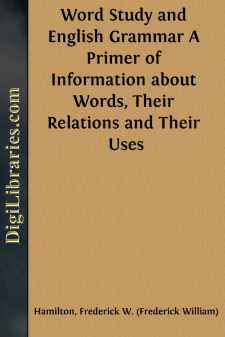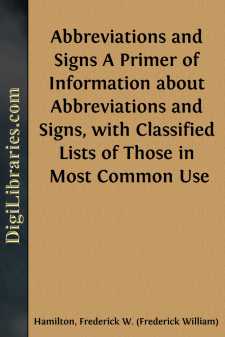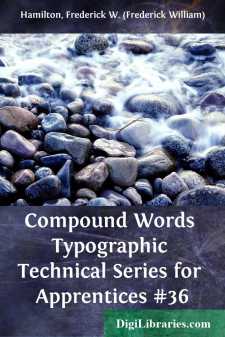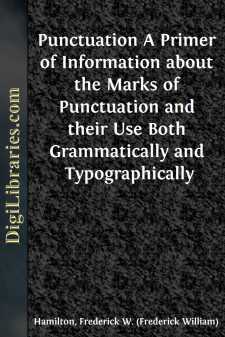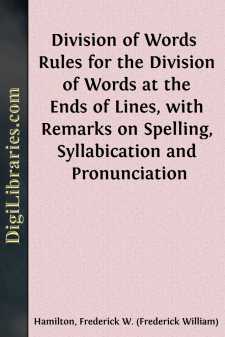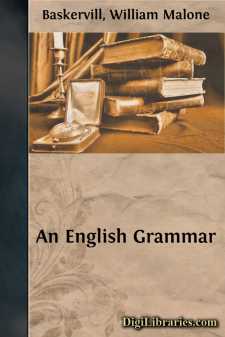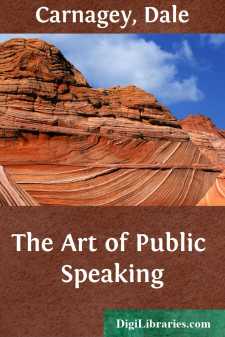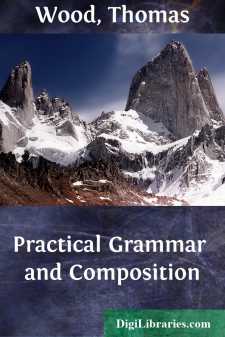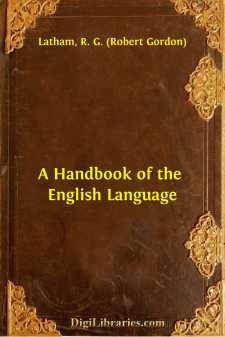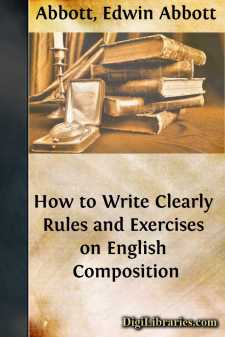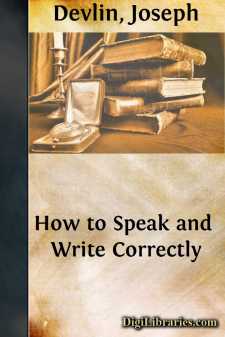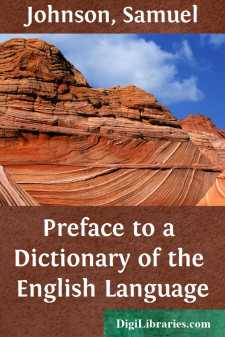Categories
- Antiques & Collectibles 13
- Architecture 36
- Art 48
- Bibles 22
- Biography & Autobiography 815
- Body, Mind & Spirit 144
- Business & Economics 28
- Children's Books 18
- Children's Fiction 14
- Computers 4
- Cooking 94
- Crafts & Hobbies 4
- Drama 346
- Education 58
- Family & Relationships 59
- Fiction 11834
- Games 19
- Gardening 17
- Health & Fitness 34
- History 1378
- House & Home 1
- Humor 147
- Juvenile Fiction 1873
- Juvenile Nonfiction 202
- Language Arts & Disciplines 89
- Law 16
- Literary Collections 686
- Literary Criticism 179
- Mathematics 13
- Medical 41
- Music 40
- Nature 179
- Non-Classifiable 1768
- Performing Arts 7
- Periodicals 1453
- Philosophy 65
- Photography 2
- Poetry 896
- Political Science 203
- Psychology 44
- Reference 154
- Religion 515
- Science 126
- Self-Help 85
- Social Science 83
- Sports & Recreation 34
- Study Aids 3
- Technology & Engineering 59
- Transportation 23
- Travel 463
- True Crime 29
Our website is made possible by displaying online advertisements to our visitors.
Please consider supporting us by disabling your ad blocker.
Word Study and English Grammar A Primer of Information about Words, Their Relations and Their Uses
Categories:
Description:
Excerpt
Word study and English grammar are important to the young printer for several reasons. In the first place, disregard of the correct use and combination of words is a distinct mark of inferiority and a serious bar to business and social advancement. A man's use of words is commonly taken as a measure of his knowledge and even of his intelligence. Carelessness in this regard often causes a man to be held in much less esteem than he really deserves.
In the second place, it is quite as important that the printer should know something about the words and sentences which he puts on paper as it is that he should know something about the paper on which he puts them, or the type, ink, and press by means of which he puts them there.
In the third place, knowledge of words and their uses is indispensable to correct proofreading which is itself a branch of the printer's craft. A working knowledge of words and their relations, that is, of rhetoric and grammar is therefore a tool and a very important tool of the printer.
This little book is not intended to be either a rhetoric or a grammar. It is only intended to review some of the simplest principles of both subjects, to point out a few of the commonest mistakes, and to show the importance to the apprentice of the careful study and constant use of some of the many books on words, their combinations, and their uses.
The Word Families
All the words in the English language belong to one or another of nine families, each of which family has a special duty. If you will always remember to which family a word belongs and just what that family does, you will be saved from many very common errors. These nine families are: 1, nouns; 2, adjectives; 3, articles; 4, verbs; 5, pronouns; 6, adverbs; 7, prepositions; 8, conjunctions; 9, interjections. This order of enumeration is not exactly the same as will be found in the grammars. It is used here because it indicates roughly the order of the appearance of the nine families in the logical development of language. Some forms of interjections, however, may very probably have preceded any language properly so called.
Nouns
A noun is a word used as the name of anything that can be thought of, John, boy, paper, cold, fear, crowd. There are three things about a noun which indicate its relation to other words, its number, its gender, and its case. There are two numbers, singular meaning one, and plural meaning more than one.
The plural is generally formed by adding s to the singular. There are a small number of nouns which form their plurals differently, mouse, mice; child, children; foot, feet. These must be learned individually from a dictionary or spelling book. There are some nouns which undergo changes in the final syllable when the s is added, torch, torches; staff, staves; fly, flies. These also must be learned individually. There are some nouns which have no singular, such as cattle, clothes, some which have no plural, such as physics, honesty, news, and some which are the same in both singular and plural, such as deer, trout, series. Care must be taken in the use of these nouns, as in some cases their appearance is misleading, e. g., mathematics, physics, and the like are singular nouns having no plural, but owing to their form they are often mistaken for plurals.
Compound nouns, that is to say, nouns formed by the combination of two or three words which jointly express a single idea, generally change the principal word in the forming of the plural, hangers-on, ink rollers, but in a few cases both words change, for example, men-servants....


